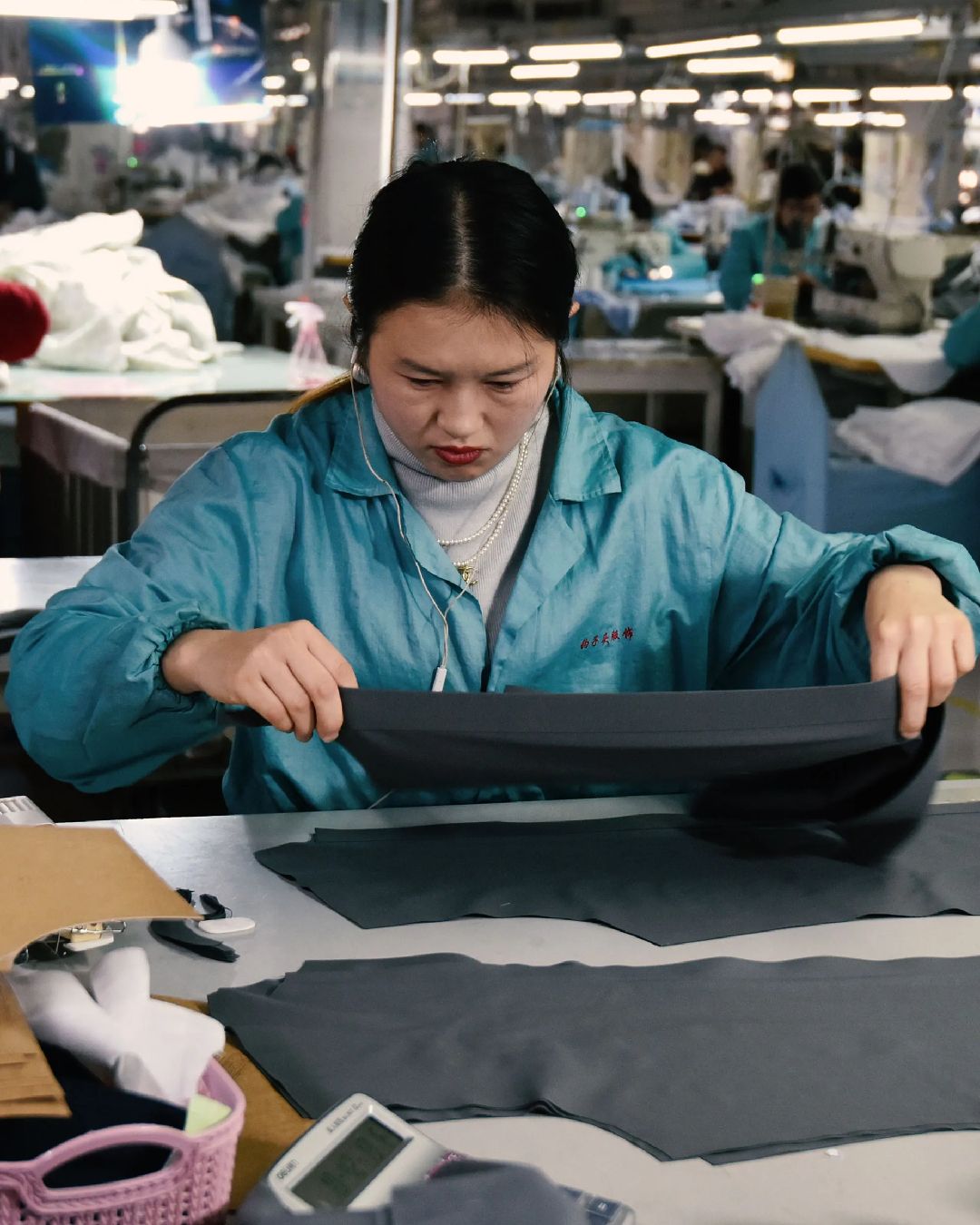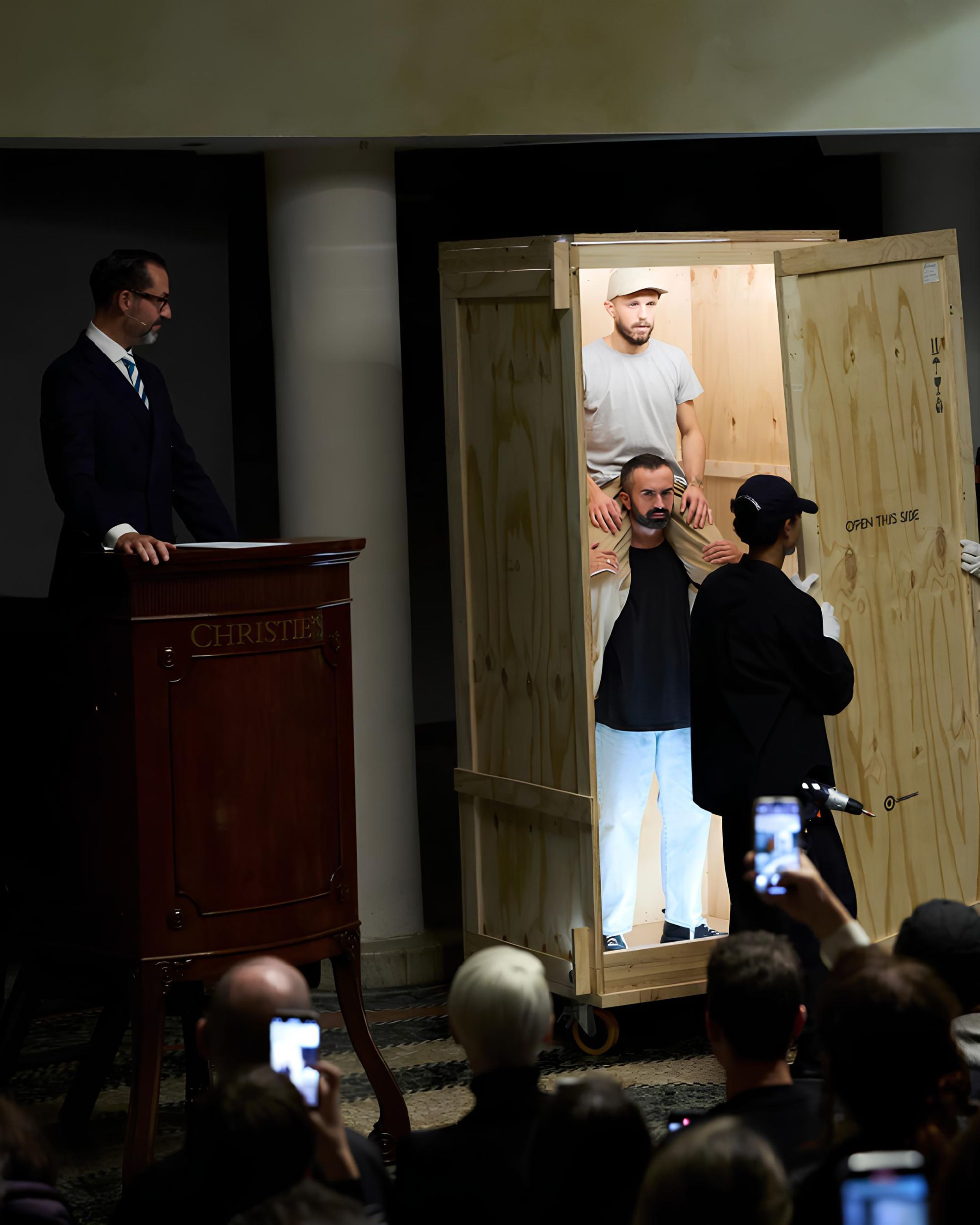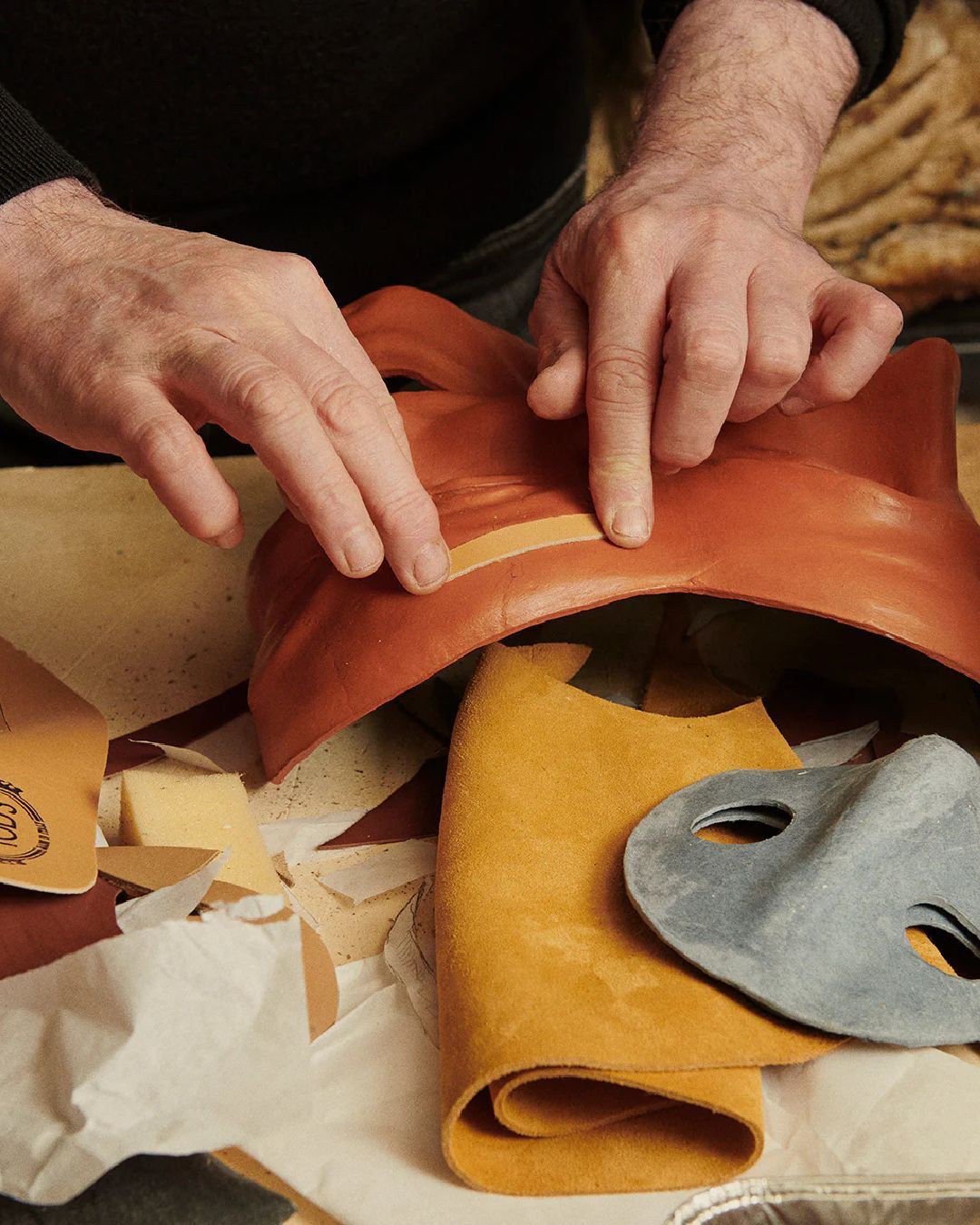
Italian fashion's need for migrants For the president of Sistema Moda Italia, it is the right solution to revive the textile industry
The birth rate crisis afflicting Italy is severely having negative effects on all sectors of the manufacturing industry, particularly the textile industry. At the 'Future for Fashion' conference held at Palazzo Pitti, Sergio Tamborini, president of Sistema Moda Italia, launched an appeal in favour of the re-industrialisation of Southern Italy through the light industry, with the necessary help of foreigners. According to Tamborini, the Decreto Flussi, instituted by the government in 2001 to facilitate the entry of non-EU workers into Italy, still offers support to the agrifood and tourism sectors, but the inclusion of the textile sector is also needed. Even for the president of Confindustria Firenze and Confindustria Toscana, Maurizio Bigazzi, fashion Made in Italy needs migrants. «The real challenge, it is true, will not be to sell products but to understand who will produce them. Our companies, always on the hunt for specialised workers, know something about this. And so we will really need to reopen the borders to bring in the people we need.»
Tamborini and Sistema Moda Italia are trying to pursue a reshoring project. «We are aiming for a step-by-step path that starts to materialise from 2024 in a timeframe of between three and five years,» Tamborini explained, «According to our estimates, from 2023 to 2027 we will need 75,000 new hires in textiles, 90% of which will be for resource turnover and the rest for business expansion, which is planned. Of the total, only 20 per cent are unskilled personnel and, in our opinion, another 20 per cent will come through immigration. Furthermore, if we succeed in creating a strong network of foreign schools, this percentage could grow. It is natural that the more we increase reshoring, the more the number of workers needed for Made in Italy should rise.» Sistema Moda Italia's proposal is still in the acceptance phase, but the Minister for Business and Made in Italy, Adolfo Urso, has already promised three measures. First, the establishment of a framework law on Made in Italy to promote the training of professional figures in the sector, «a cultural revolution to restore value to manual and artisan work.» Then, a bill to redirect national and regional incentives to companies, and finally a tax reform, to finance the innovations needed by the Italian textile industry.














































